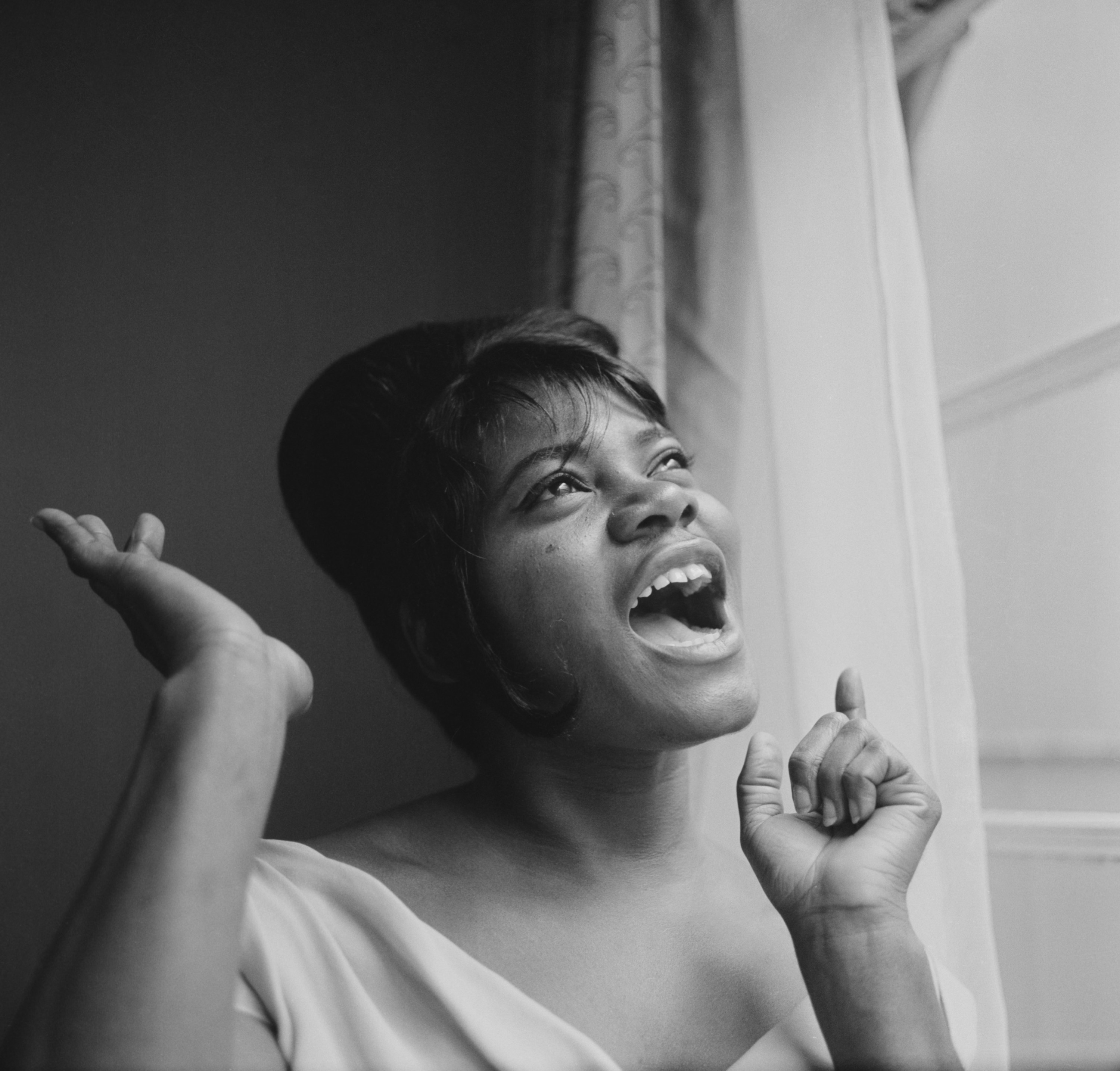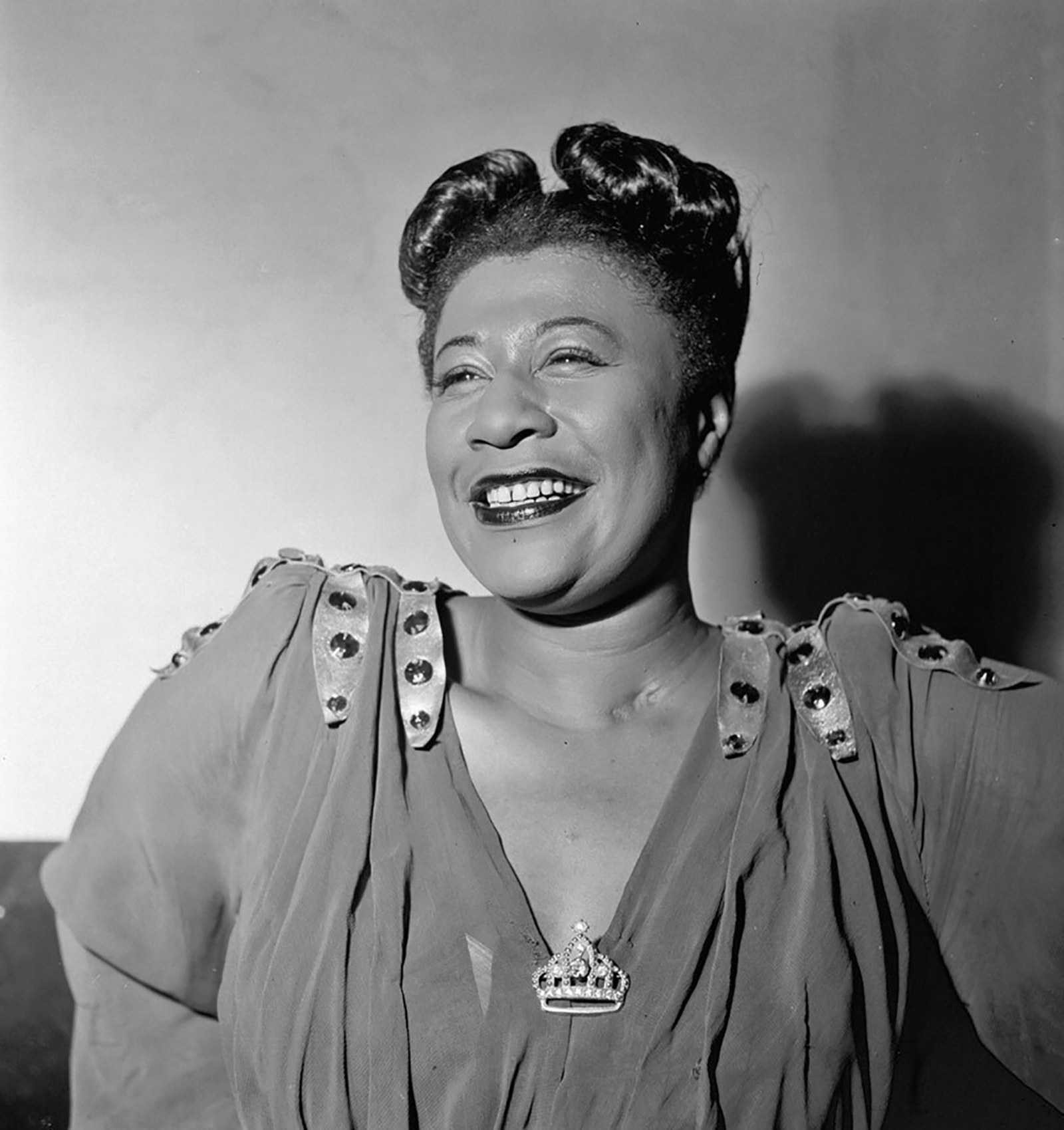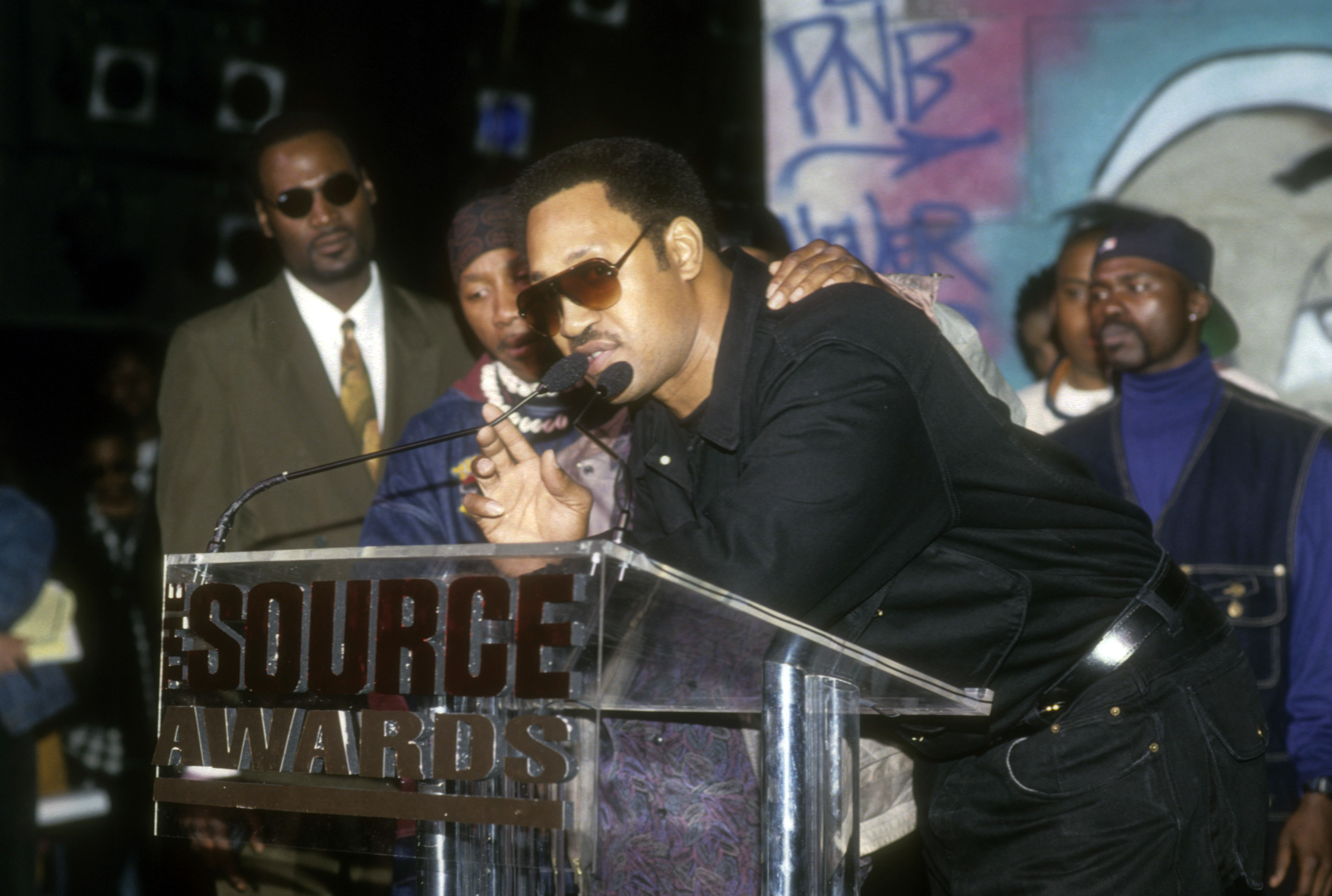I'm celebrating my favorite Black artists this month — streaming and repurchasing their singles and projects.
Why? Because it's Black music appreciation month!
I took a deep dive into Black Music's history in honor of this month-long celebration and the artists that shaped the industry. Here are ten brief facts.
1. The origin of Black music is traced back to slavery. Spirituals were one of the earliest forms of musical expression (1619–1865).
2. Blues music was created post-slavery (the 1860s, Deep South).

3. George W. Johnson was the first African-American to record commercially (1890).
View this video on YouTube
Although many songs were created before his birth, George Washington Johnson was the first African-American to record his music commercially. As a child, he learned how to read and write, which contributed to his musical abilities, although it was illegal for Black children to learn in Virginia during this time. After moving to New York City in his twenties, it wasn't long before Johnson made a living through his passion. He connected with phonograph distributors between January and May 1890 who recorded his whistling on cylinders. He went on to record songs like "The Laughing Song," "Listen To The Mocking Bird," and "Carving the Duck."
4. Although jazz music first appeared around the 1890s, it rose to popularity with blues as the ragtime musical style began to slow down (1900–1945).
View this video on YouTube
Since blues music was the first genre created post-slavery, its influences can be found in jazz. Ragtime also heavily influenced this genre. Although Ragtime music was still around, it began to faint during this time as blues and jazz were in rotation a lot. Jazz music is said to have first started in New Orleans communities, which is why New Orleans jazz is one of the most popular styles in the genre. It became popular music, and many other cultures began to add their twist to the sound.
5. Tommy Edwards was the first Black artist to hit #1 on the Billboard Hot 100 (1958).
View this video on YouTube
With so much fantastic talent, and songs by Black artists flowing into the music industry, Tommy Edwards made history as the first African-American artist to hit number one on Billboard's Hot 100 list with "It's All In The Game." The song is his most famous and can still be heard worldwide today. He recorded it in 1958, selling over 3.5 million copies worldwide, and it topped the charts in the United Kingdom.
6. Ella Fitzgerald was the first Black artist to win a Grammy (1958).

7. Miles Davis's album, Kind of Blue, challenged creativity in jazz, which impacted the music industry (1959).
View this video on YouTube
Before My Kind of Blue, jazz music followed specific scales, ones that made being creative a bit difficult. Known for being innovative, Davis wanted to challenge this norm and focus on modes instead of scales. He enlisted Bill Evans, a well-known pianist, to push boundaries and create modal jazz. The response to this new style was incredible as My Kind of Blue is referenced as the greatest jazz album in history. It also influenced the styles of many genres and artists to come.
8. Rock and roll, house, reggae, hip-hop, R&B, and more genres originated from Black musical styles (1950s–now).
9. Hip-hop created a voice for Black people in poverty and the conditions of Black lives (1970–now).

10. New Black music genres like drill and trap are becoming global genres (Early 2010s–now).
Black music is constantly evolving, and the artists who paved the way and the ones now deserve appreciation for shaping the music industry.
Which genre or Black artist impacted your life the most? I'd love to know!





